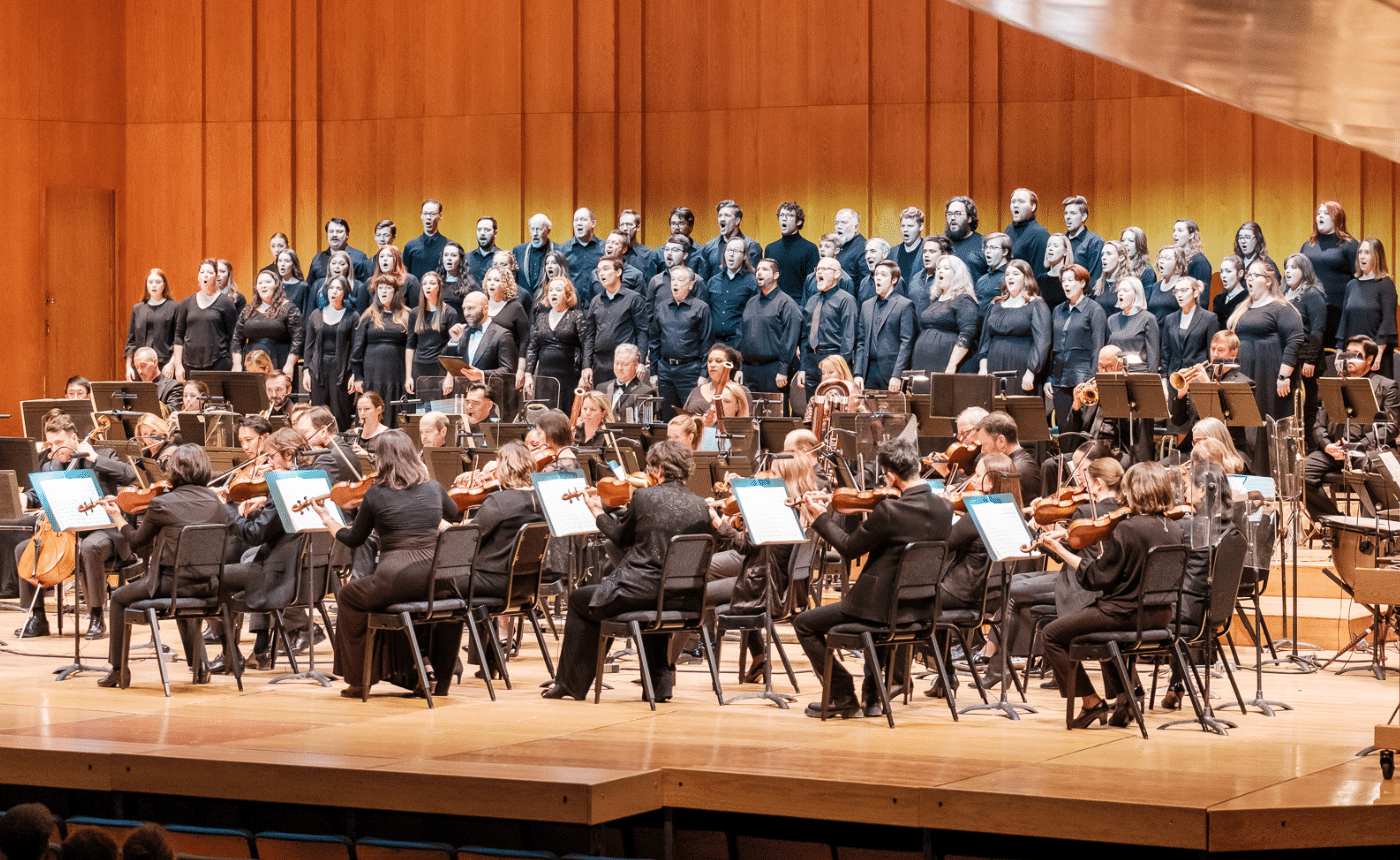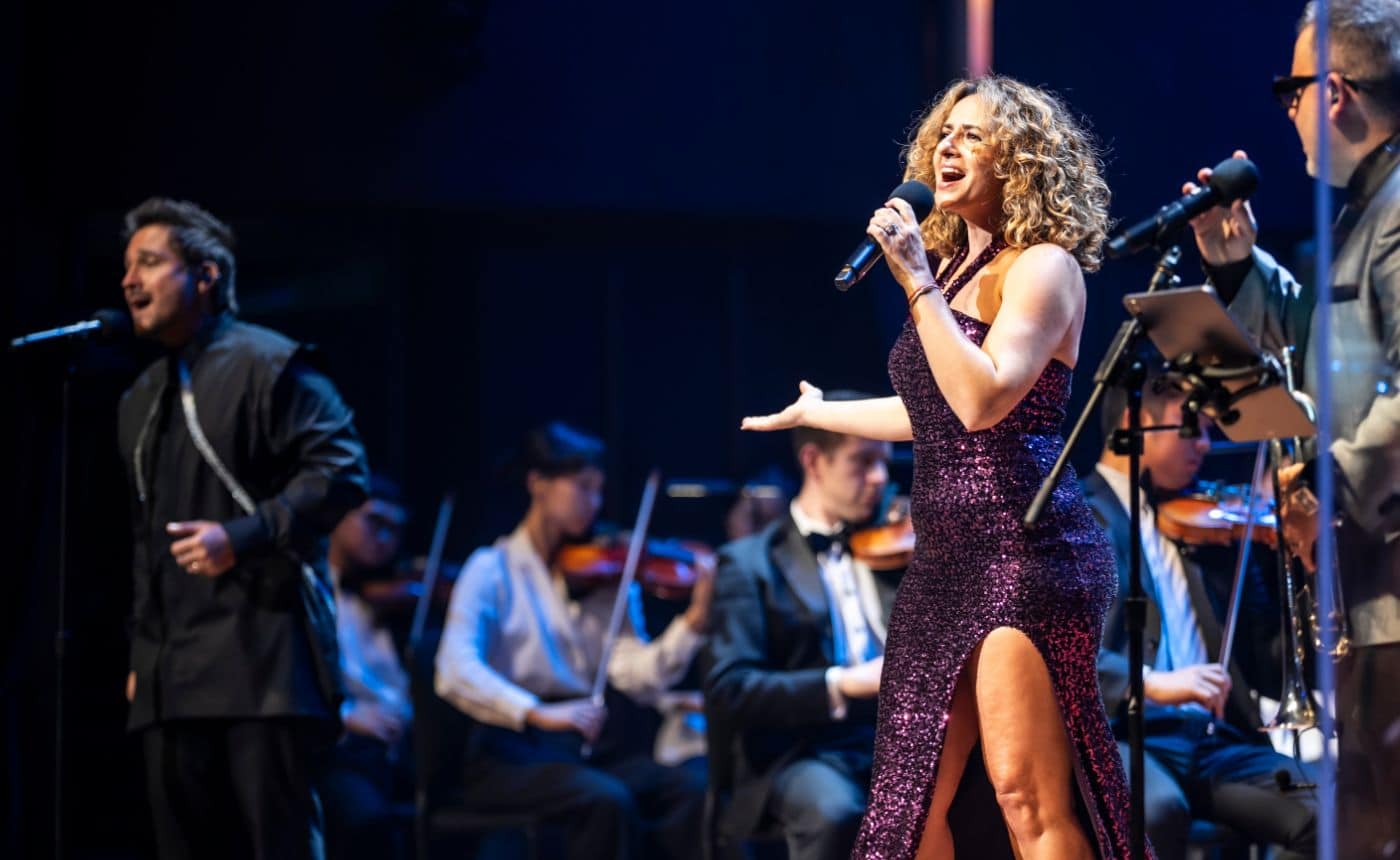Tchaikovsky – Eugene Onegin: “Lenski’s Aria,” Act II No. 17
by Jeff Counts
Instrumentation: 2 flutes, 2 oboes, 2 clarinets, 2 bassoons, 4 horns, 2 trumpets, 3 trombones, timpani, strings.
Duration: minutes.
THE COMPOSER – PIOTR ILYICH TCHAIKOVSKY (1840-1893) – Tchaikovsky’s very short marriage (“short” in that he and Antonia permanently separated after two months but never legally divorced) was the pivotal occurrence that, because of what the failure confirmed about Tchaikovsky personally, owns the blame for his public struggles at mid-life. Some credit is due as well. Their relationship, the courtship and letters in particular, inspired a truly great Romantic-era opera.
THE HISTORY – Tchaikovsky completed Eugene Onegin in 1878, based on a libretto taken from an epic poem by Pushkin. The original version relates the story of Onegin, a Russian dandy and party circuit regular. While attending a ball with his friend Lenski, Onegin becomes an object of enchantment for a young woman named Tatyana. She is the sister of Lenski’s fiancée Olga and when Tatyana declares her love for Onegin in a letter, he spurns her. Onegin later attends Tatyana’s name day celebration and in a fit of revenge over the gossip he overhears, he flirts with Olga and precipitates a duel with Lenski. Lenski dies in that duel and Onegin spends the next several years brooding abroad. The opera retains much of this structure but uses the Tatyana character for its emotional focus. Her famous letter scene is among the highlights of 19th century art music. Another great solo moment comes in Act II just before the duel, this time with Lenski in the spotlight. As he waits for Onegin to arrive and likely kill him, Lenski is wistful. “Where, where have you gone, o golden days of my spring” he sings and wonders if Olga will forget him as he fades from the memory of the world. The aria is a wonderful portrayal of resignation and was a point of departure from Pushkin. The poet played the scene rather ironically, but for Tchaikovsky it was an opportunity for meaningful human drama.
THE WORLD – Humbert I became the King of Italy in 1878. Also that year, Pope Leo XIII succeeded Pius IX, the Second Anglo-Afghan War commenced and the first edition of The New Grove Dictionary of Music and Musicians was published.
THE CONNECTION – Eugene Onegin was performed most recently by Utah Opera back in 2000 but the Lenski aria has never been programmed on the Masterworks Series.











